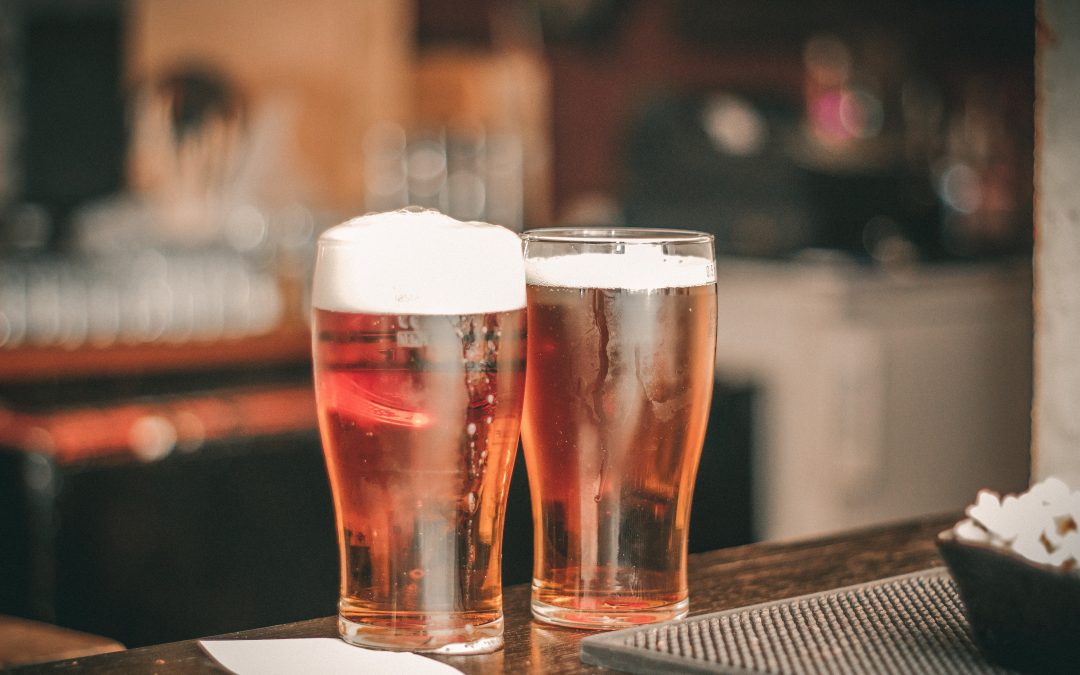
by Booze Werks | Apr 17, 2019 | Alcohol Business, Beer, Brewery, Podcast, Production Equipment, Spirits
Podcast: Play in new window | Download
Subscribe: Spotify | TuneIn |
In this episode of the BoozeWerks Podcast, Devin Mills breaks down the various types of filters you might find in a brewery, and what each stage of filtration brings to the final product.
Episode Highlights:
- History of Filtration
- Why Filter?
- Clarity
- Increase Stability
- Prepare for Wider Exportation
- Types of Filtration
- Filtration Stages
- Primary
- Trap (Particle)
- Fine
- Final
- Filtration Downsides?
Cheers!
by Booze Werks | Mar 22, 2019 | Alcohol Business, Brewery, International, Wine
When it comes to fining and filtration there are as many options as there are opinions. Clarity vs. Natural, Shelf Stability vs. Fresh, Tradition vs. Modern. In both the wine world and the beer industry – this is a debate almost as old as the craft.
In Australia, the ‘fight’ over whether to fine and filter wines is heating up. This article in WineTitles Media gives a great overview discussion about the pros and cons each side sees to their argument.
My 2-cents on the subject comes down to a tradition-based approach (especially coming from the beer industry) that certain long-time ingredients for fining are ok to use, especially if they are true to style from a heritage perspective. In the brewery my family and I ran for a number of years, we focused on the British-styles of beer. In that tradition the old-school ingredient for finings and yeast control was/is isinglass (or fish guts – the swim bladders specifically). This element helped to settle yeast still in the beer column, and provided a clarity element without having to run the beer through any filters – which I think strip out too many flavor elements, especially ones having to do with hops and their oils.
Other newer breweries would opt in favor for more modern additions (like Clarity Ferm and the like) which brings a laboratory enzyme element to the fining party. Those beers had a similar look and feel to ours, but – call me old-fashioned – I liked the traditional more so than the modern. In any case, check out the article to give you more of a feel for what the arguments really are.
Cheers!

